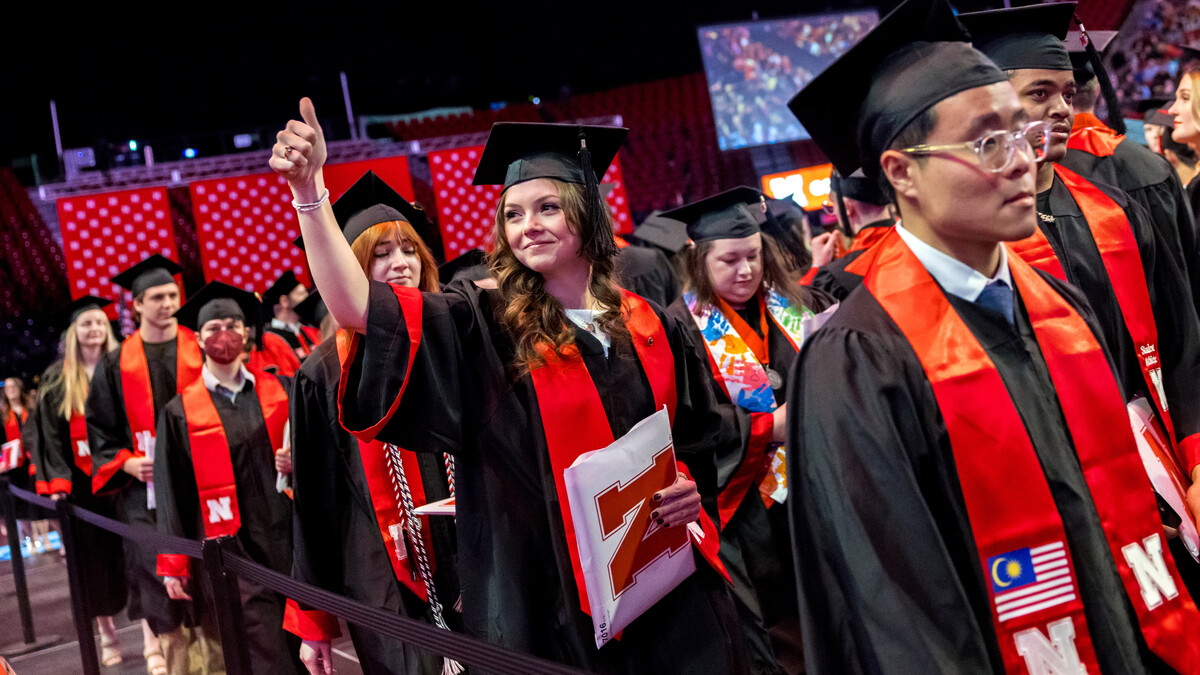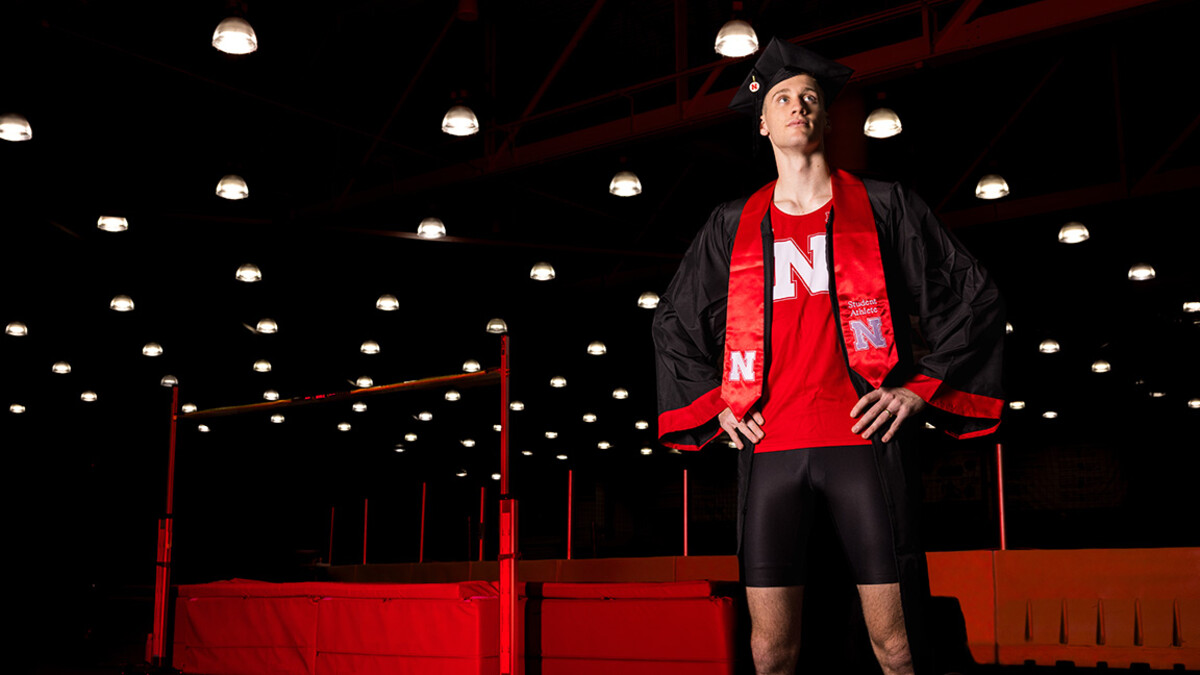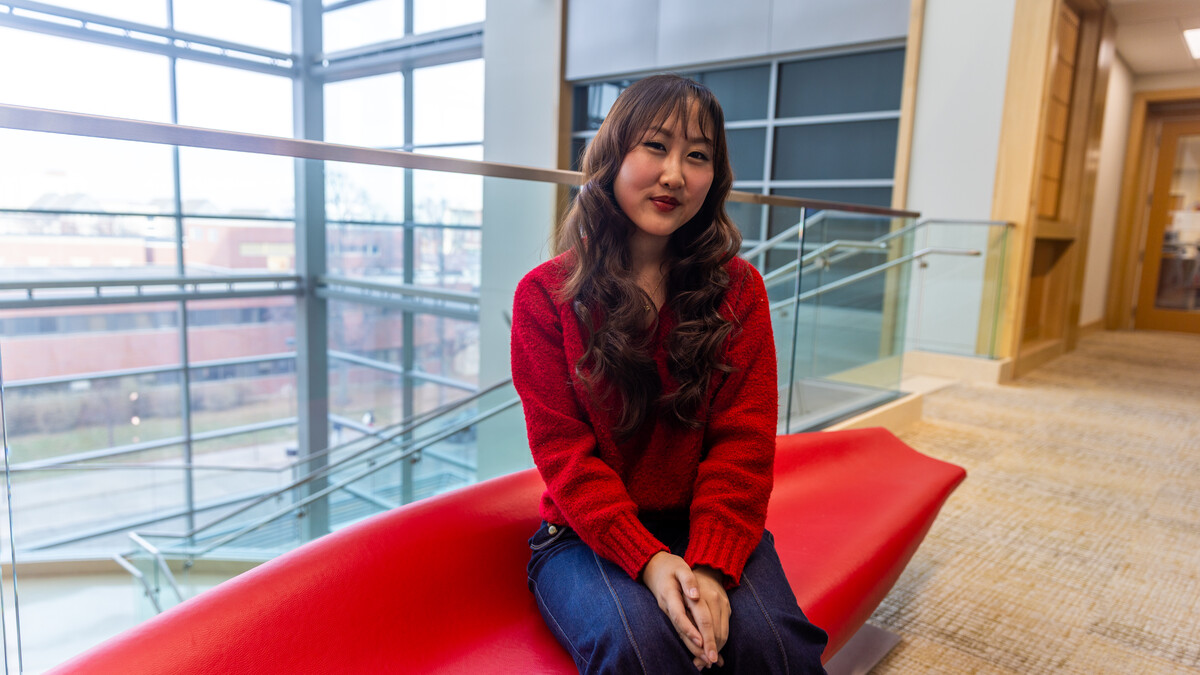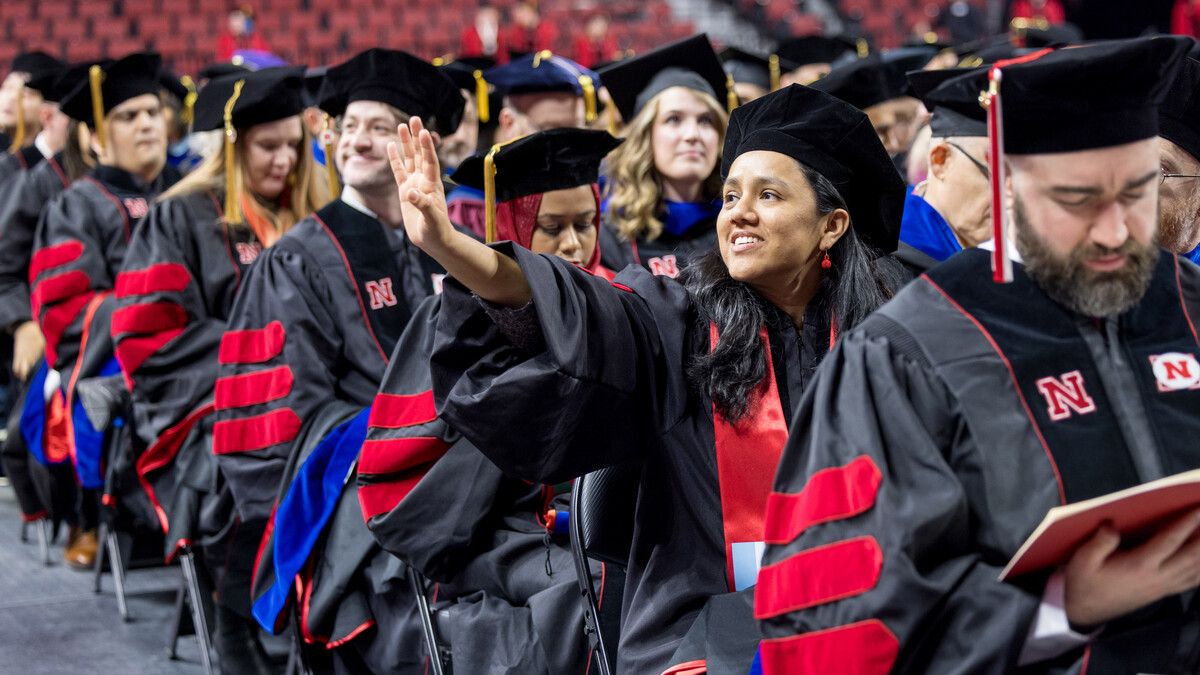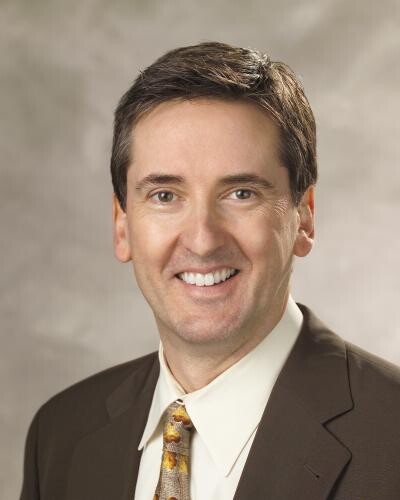
Are colleges equipping students to become innovators, regardless of discipline?
Tom Byers, professor at Stanford University and director of the National Center for Engineering Pathways to Innovation (Epicenter), will speak at UNL on Sept. 19 to answer this question.
As the fall guest lecturer at UNL’s Jeffrey S. Raikes School of Computer Science and Management, Byers will explore the skills needed to respond to global challenges by incorporating entrepreneurial leadership and innovation as fundamental components of higher-level education.
Managed at Stanford and funded by the National Science Foundation, Epicenter offers faculty and students ways to support entrepreneurship and innovation learning in undergraduate engineering education.
“By embedding innovation and entrepreneurship into the undergraduate experience, we believe that the next generation of engineers will be better able to solve big problems our society is facing, enhance our country’s economic competitiveness, and create new and fulfilling jobs for themselves and others,” Byers said.
The event, at 1:30 p.m. at the Kauffman Center, is free and open to the public and is geared toward innovators, business leaders and entrepreneurs. There will be a reception following Byers’ presentation (approximately 2:30 p.m.). Limited seating for the presentation requires online RSVP at http://raikes.unl.edu/speakerrsvp.
Leaders at technology firms often say they are looking for more than technical skills and smarts – they want people who have an ability to learn, lead and take ownership of successes and failures. Byers and his teams at the Stanford Technology Ventures Program and Epicenter have growing evidence that this interdisciplinary approach is making a difference.
“We’ve found that engineering (including computer science) students who take part in entrepreneurship programs learn how to better understand how their education can be applied to solve emerging problems,” Byers said. “They also learn how to communicate effectively and think critically and creatively. They learn how to identify and frame problems rather than simply solving what’s put in front of them.”
David Keck, director of the Raikes School, said Byers is among the leaders in transforming engineering education.
“We’ve integrated models and processes that give students a framework for innovation, regardless of discipline,” Keck said. “Professor Byers and his team are very influential in this space, and we’re excited for the opportunity gain more insight.”



